Japanese Experts' Regular Participation Boosts the Development of National Key Discipline in Digesti
Japanese Experts' Regular Participation Boosts the Development of National Key Discipline in Digestive Diseases Center
—Professor Kohei Takizawa from Japan Enhances Both Diagnostic and Research Capabilities at the Digestive Center through On-site Training
On October 25, Professor Kohei Takizawa from Kanagawa Cancer Center in Japan and Professor Dongmei Qian from Beijing Tongren Hospital, Capital Medical University, commenced their regular on-site diagnosis, treatment, and technical training activities in accordance with the bilateral cooperation work contract. This cycle focuses on implementing cutting-edge technologies for digestive tumors, tackling transnational scientific research challenges, and honing practical clinical skills. Through in-depth diagnostic demonstrations and precise technical training, this initiative provides strong momentum for international cooperation, helping to establish a high-level digestive tumor diagnosis and treatment system in the Hexi Corridor region and achieve a leap forward in medical quality.
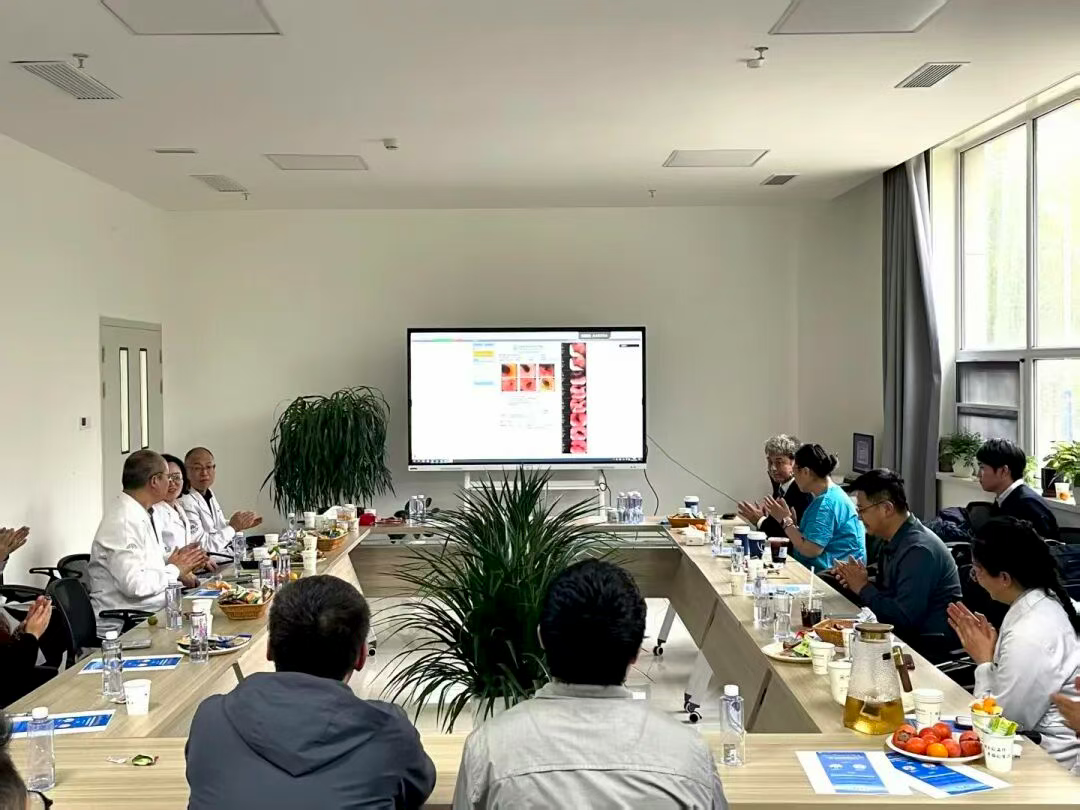
This clinical training was led by Dr. Linzhi Lu, Director of the Digestive Department at Gansu Wuwei Cancer Hospital, with the full participation of all medical staff from the department. During the event, Professor Takizawa and Professor Qian jointly delivered a keynote lecture titled "SNADET Focus: Diagnosis and Treatment of Superficial Non-Ampullary Duodenal Epithelial Tumors." They provided a systematic interpretation ranging from the pathological mechanisms of the disease and standard endoscopic procedures to international advanced techniques. The "precision identification, minimally invasive radical treatment" concept they advocated offered new clinical insights for the attending physicians. In the interactive teaching session, the two experts engaged in a panel discussion on key topics such as "clinical research design for digestive tumors, pathways for multi-center collaboration, and strategies for translating research findings into practice." This provided a comprehensive development plan combining international perspectives with local adaptation to enhance the research capabilities of the Digestive Center. During hands-on training, the expert team focused on Endoscopic Submucosal Dissection (ESD), conducting "hands-on" teaching. They demonstrated the entire procedure using real cases, including instrument selection, mucosal incision, dissection techniques, and key points of post-operative management. This integrated model of "theoretical learning plus live practice" enabled participating physicians to solidly master the core techniques of minimally invasive digestive endoscopy, significantly improving their clinical operational skills.
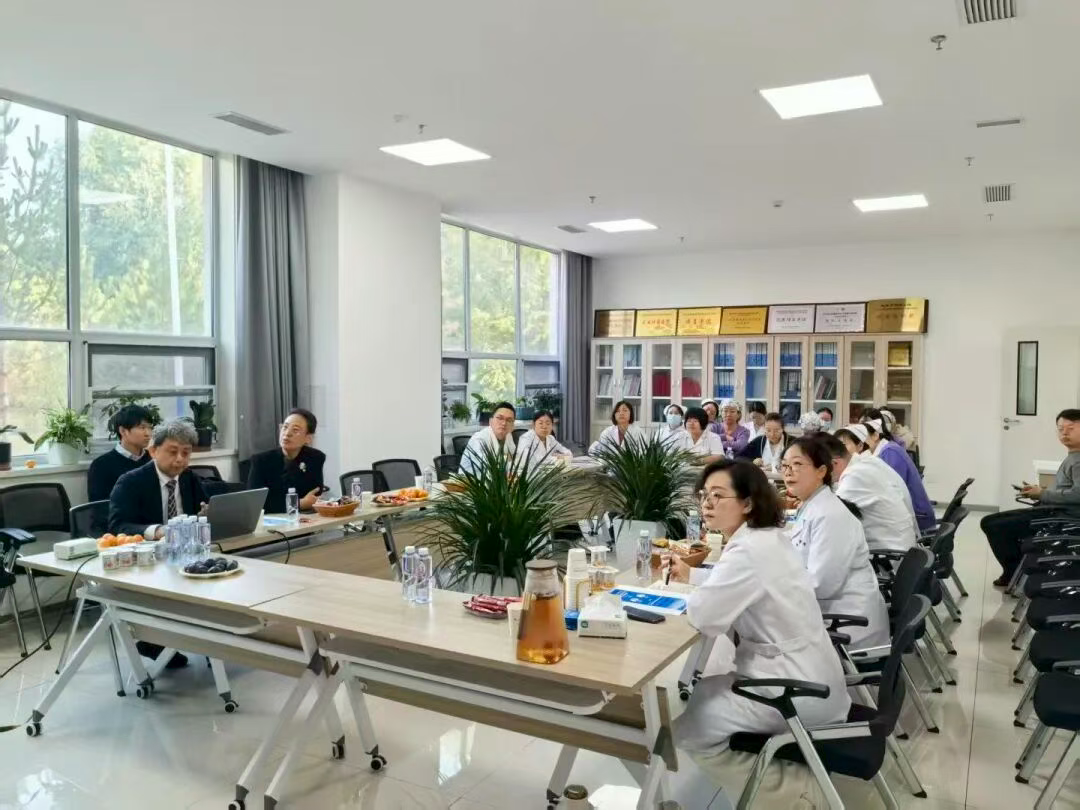
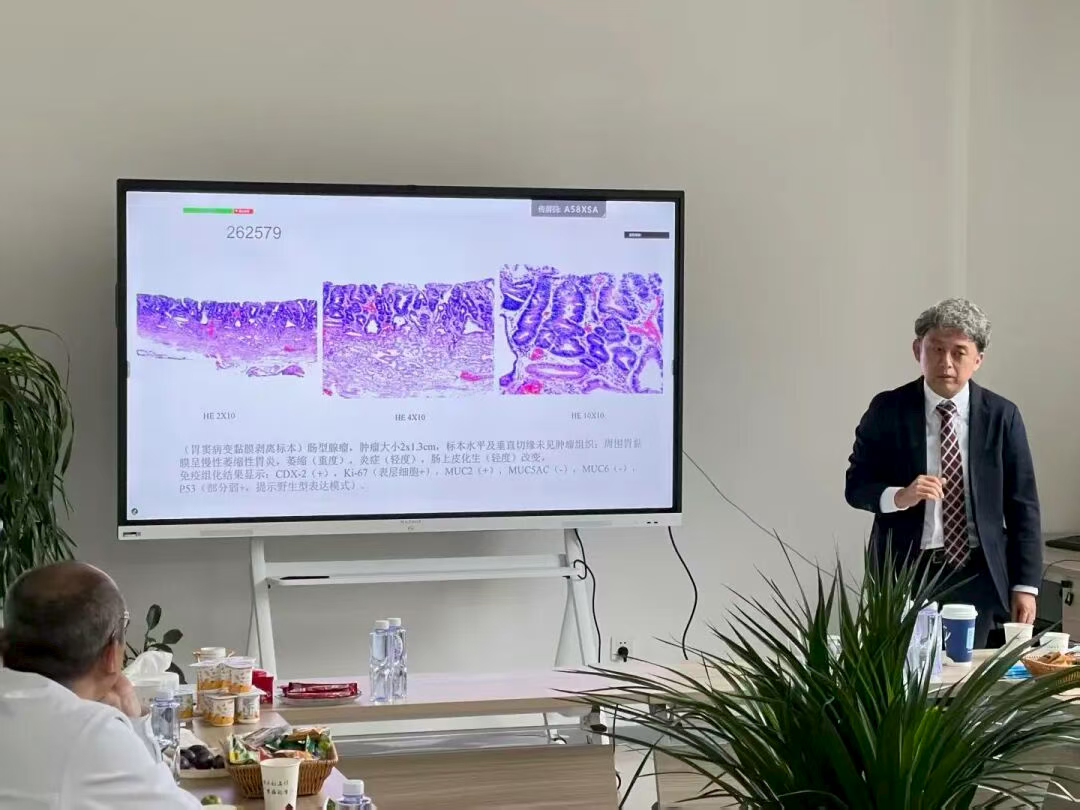
In recent years, the Digestive Department at Gansu Wuwei Cancer Hospital has broken through the traditional limitations of "one-off, formalized" international exchanges. Centered on Professor Takizawa's long-term on-site presence, a long-term cooperation mechanism characterized by "regular expert presence, real-time technology transfer, and deep integration of concepts" has been established. The regular residencies of internationally authoritative experts like Professor Takizawa have not only introduced international advanced technologies such as SNADET treatment standards and full-process ESD optimization but also, through an "immersive" training model combining "thematic lectures, surgical mentoring, and case reviews," internalized the international standards of "zero missed diagnoses in precision identification and zero errors in minimally invasive treatment" into the team's "muscle memory." This whole-chain technology transfer, "from concept to practice," has helped the Digestive Department build technical barriers in areas like early screening of digestive tumors and complex endoscopic surgery, ensuring that patients in the Hexi Corridor region have access to internationally synchronized "precision minimally invasive" diagnosis and treatment services without leaving their hometown.
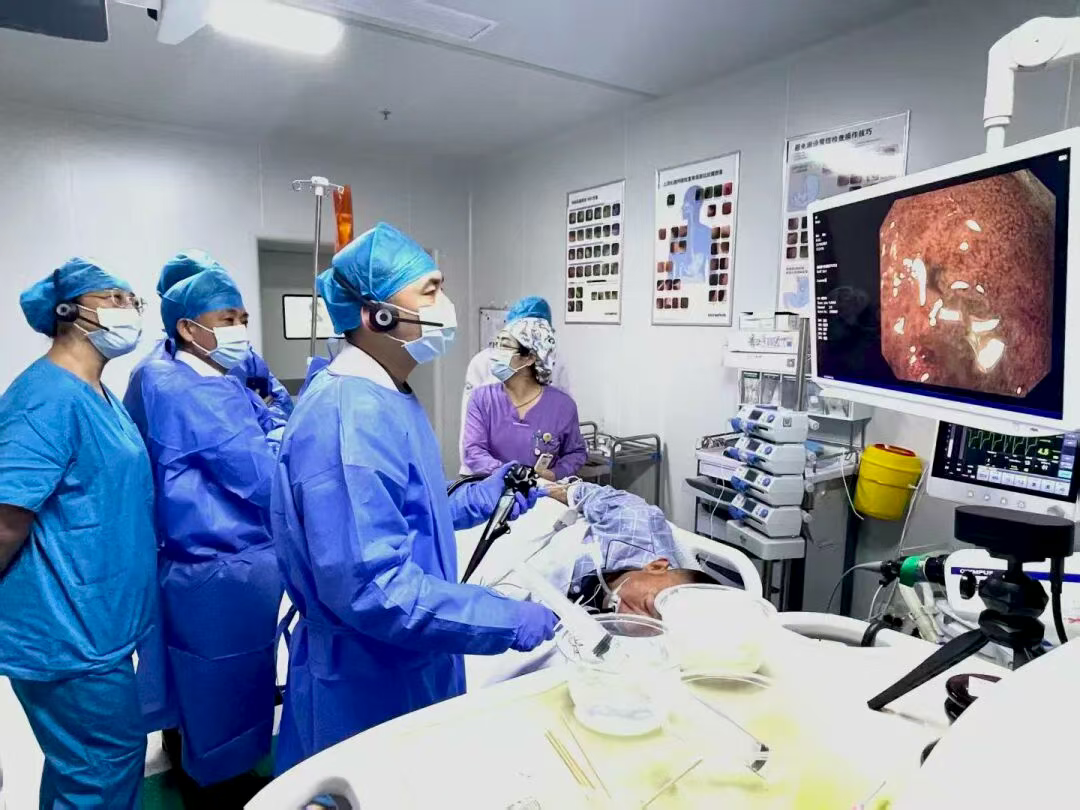
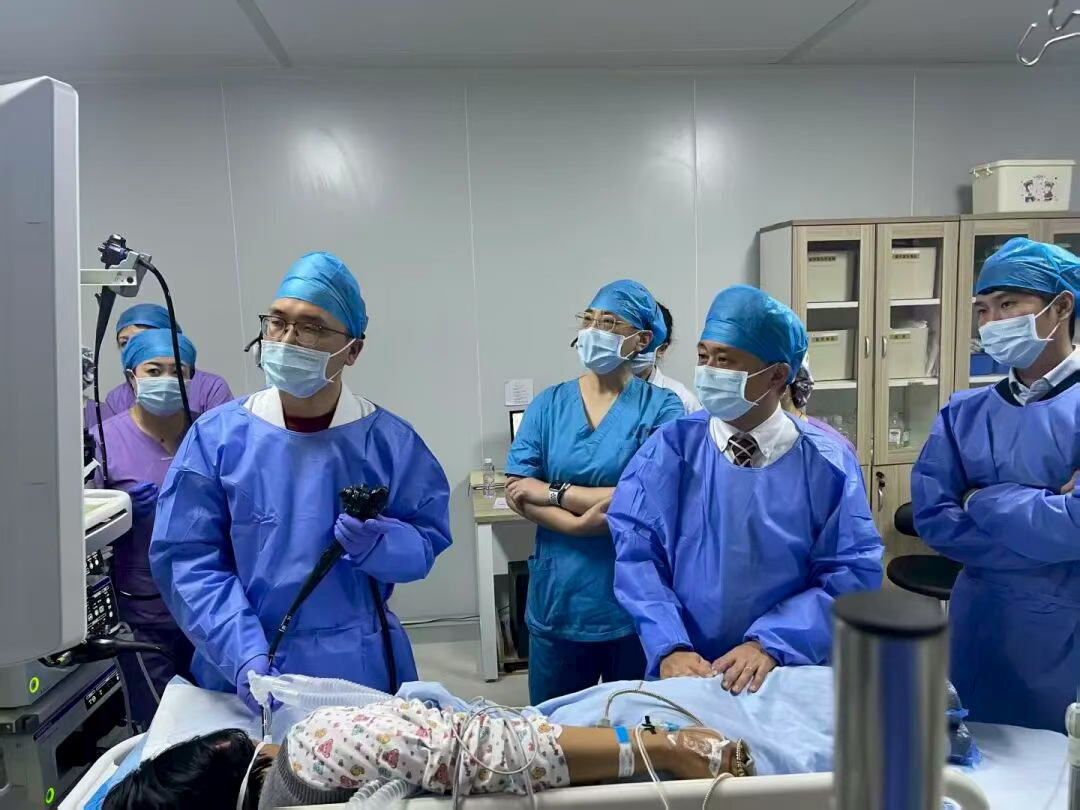
The Center uses international cooperation as an "accelerator" for clinical research, building a trinity disciplinary development system integrating "clinical care, research, and teaching." Through panel discussions jointly conducted by Chinese and Japanese experts, the Center precisely aligns international research frontiers with local clinical needs. It focuses on tackling core issues such as "multi-center research on digestive tumors, innovative applications of endoscopic technology, and optimization of diagnosis and treatment pathways for complex cases," forming a virtuous cycle where "clinical questions shape research directions, and research results feed back into clinical practice." Simultaneously, case discussions and technical training from seminars are transformed into regular teaching resources. This not only reserves theoretical and practical excellent compound talents for the discipline but also promotes the discipline's leap from being a "technology follower" to a "standard setter," injecting sustained energy into the construction of a national key discipline.
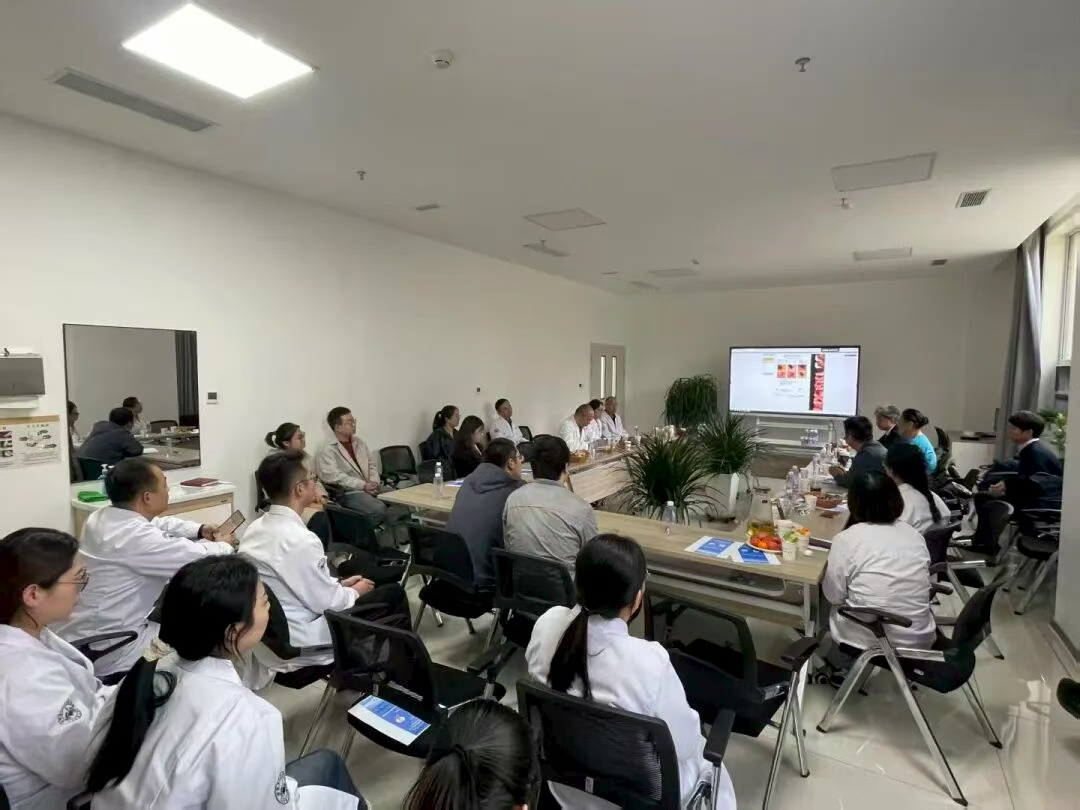
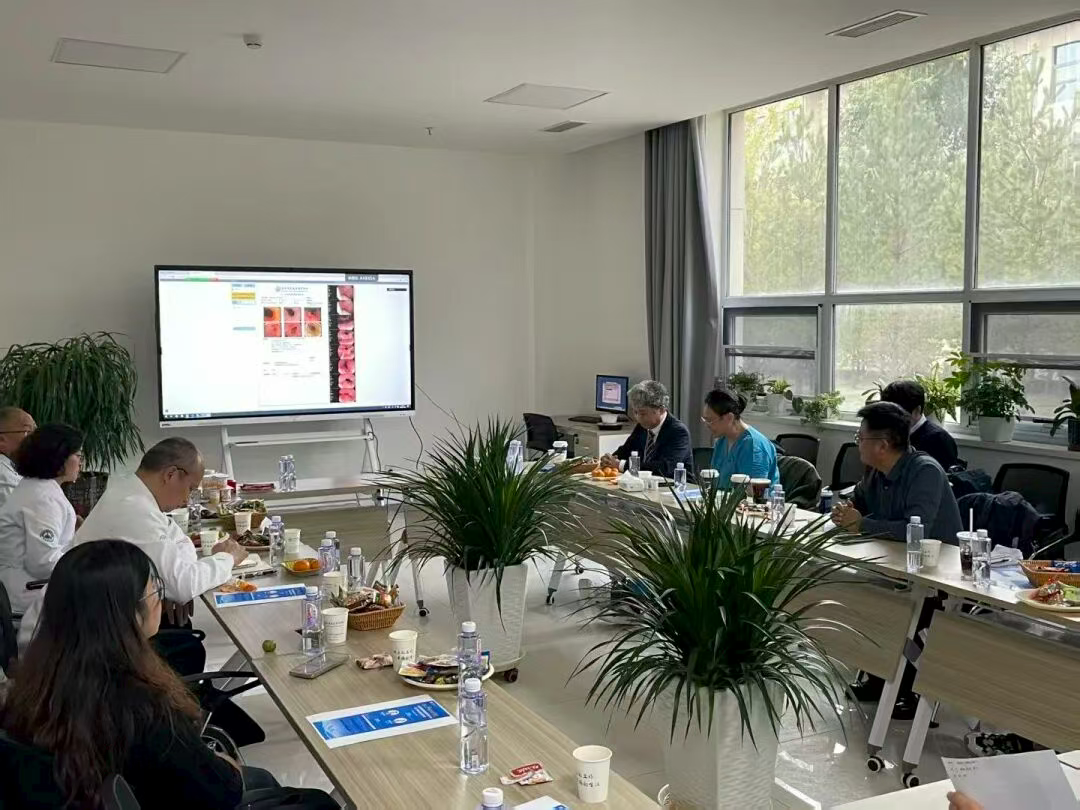
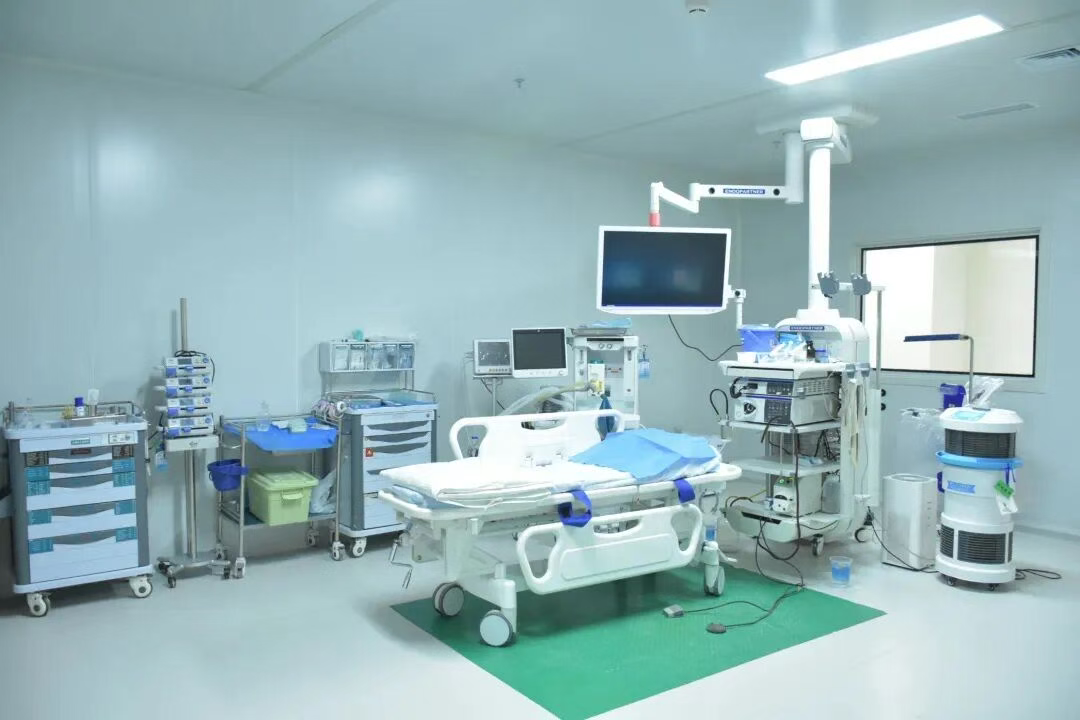
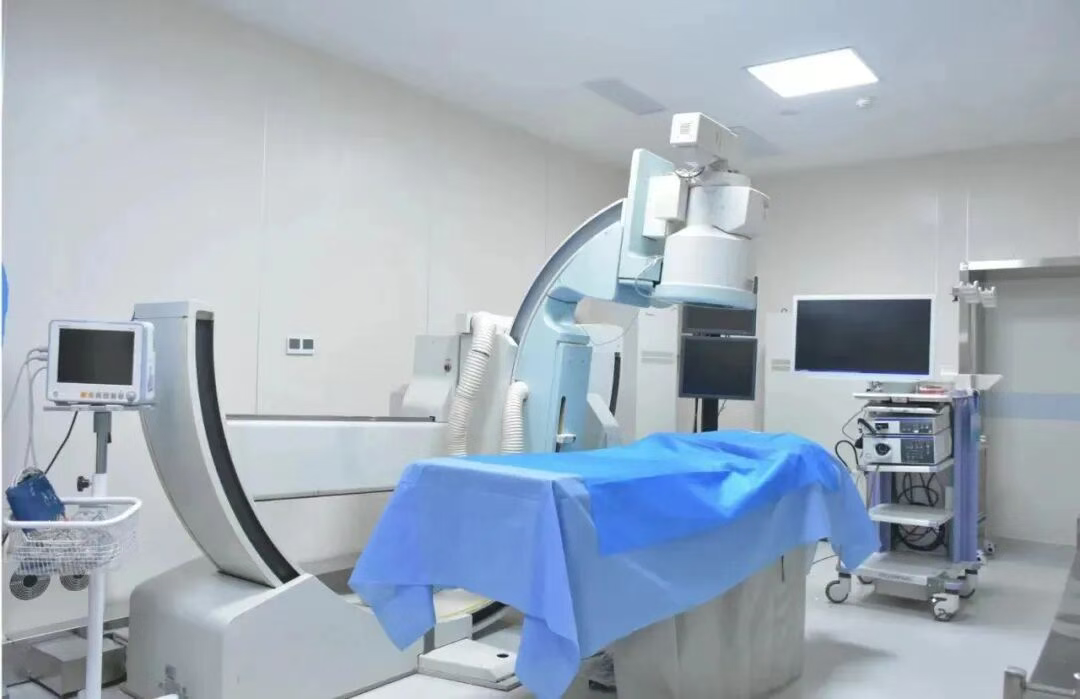
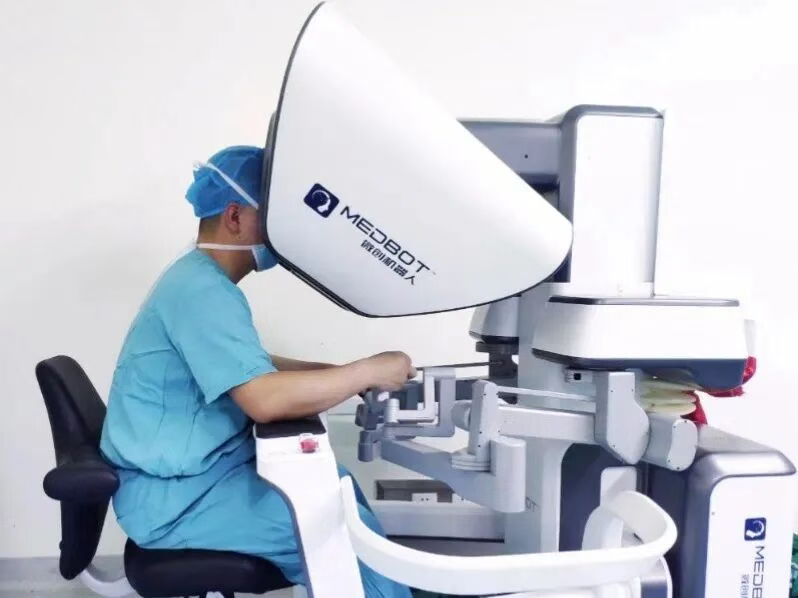
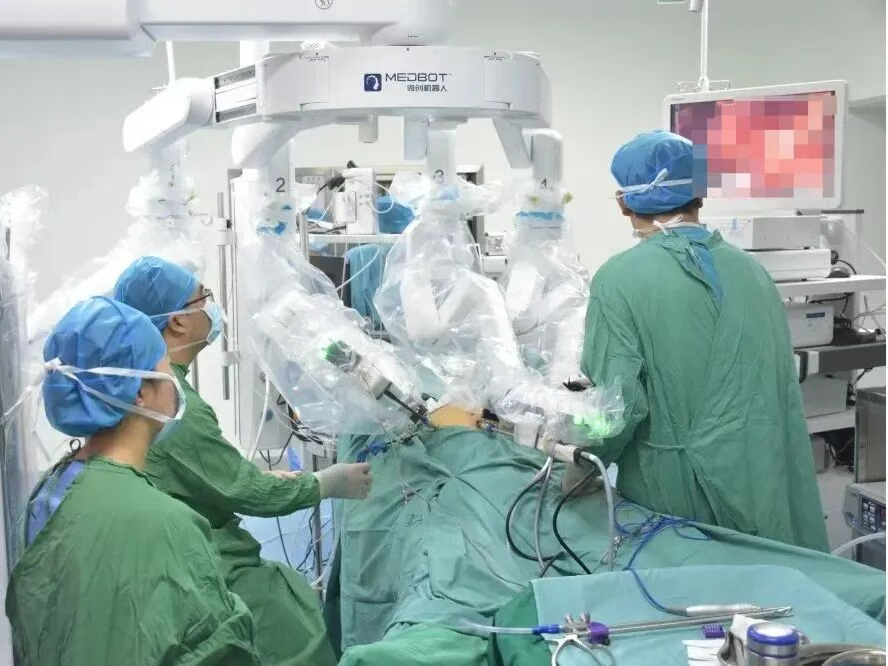
As a leading institution in digestive health in the Hexi Corridor region, the Digestive Department of Gansu Wuwei Cancer Hospital will seize this diagnosis and teaching activity as an opportunity to further build a regional collaborative development network featuring "technology output, talent cultivation, and resource sharing." In the future, it will continue to deepen international academic exchanges and technical collaboration, promote the translation of international advanced technologies into clinical service capabilities, provide more precise, minimally invasive, and higher-quality diagnosis and treatment services for patients with digestive tumors in Gansu and surrounding areas, and contribute core strength to the high-quality development of regional digestive health endeavors.
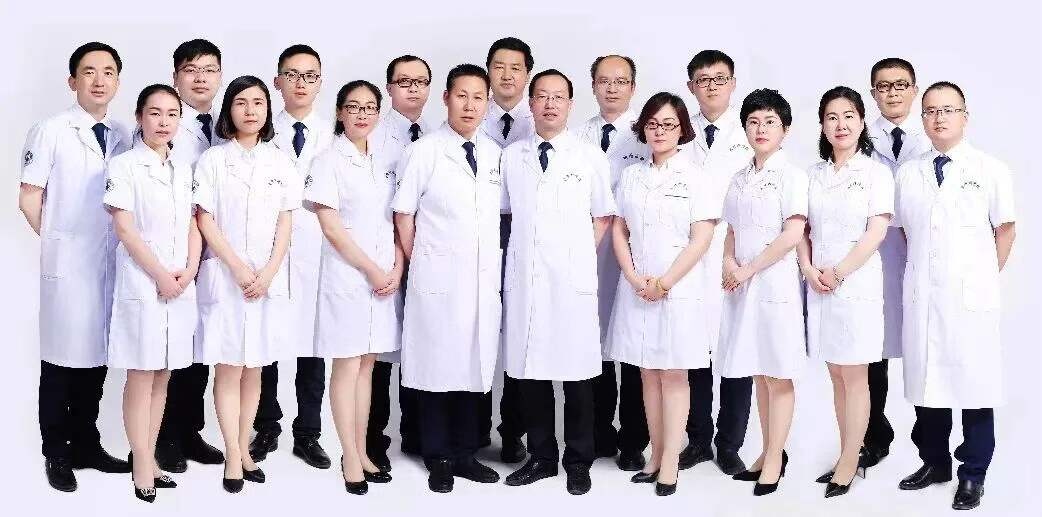
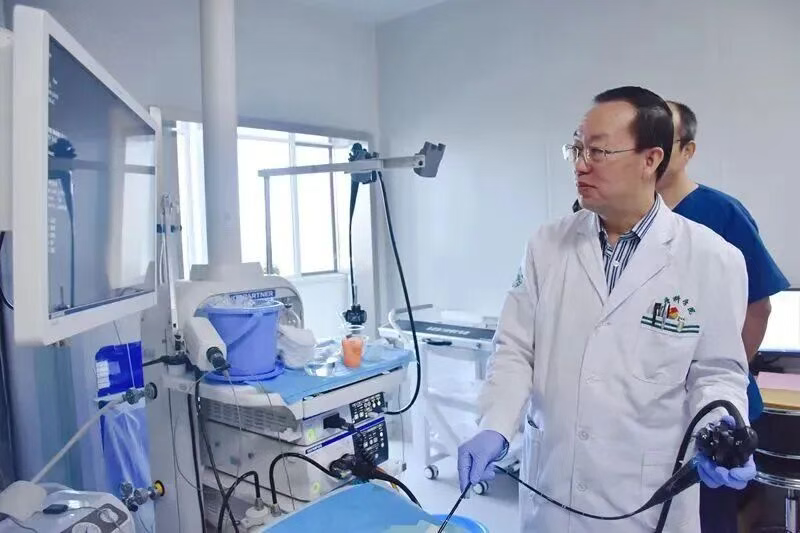
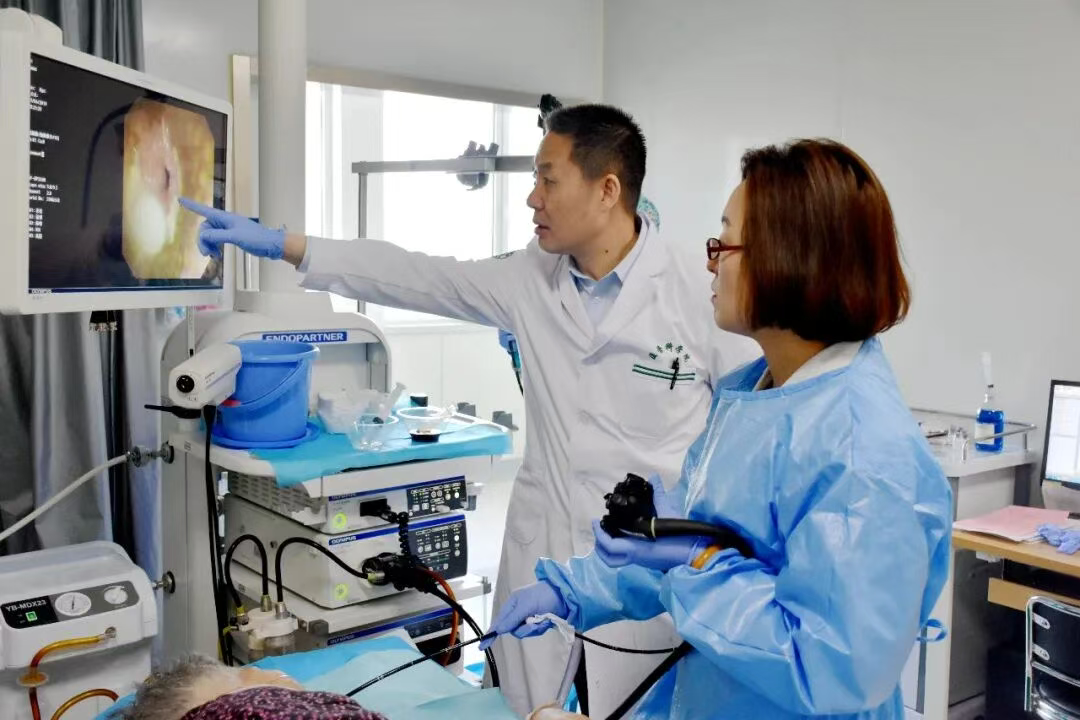
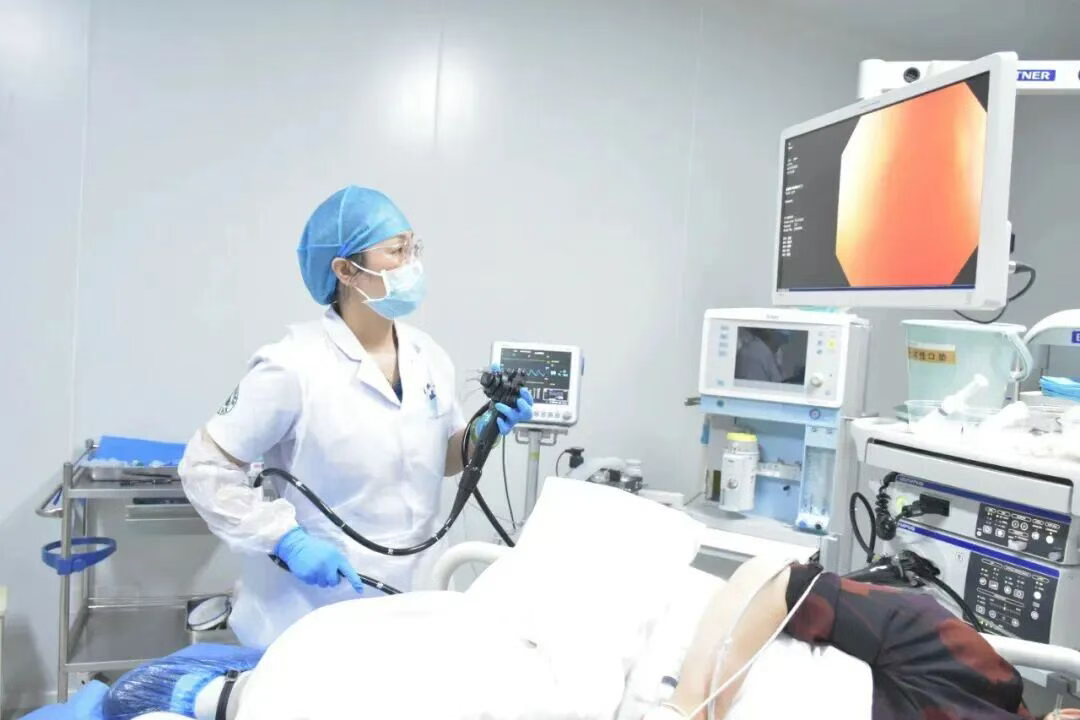
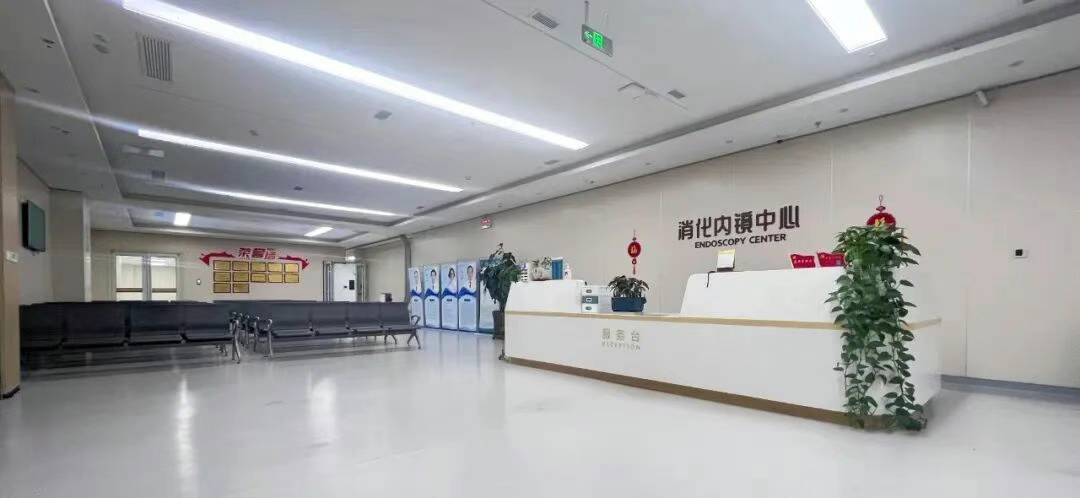
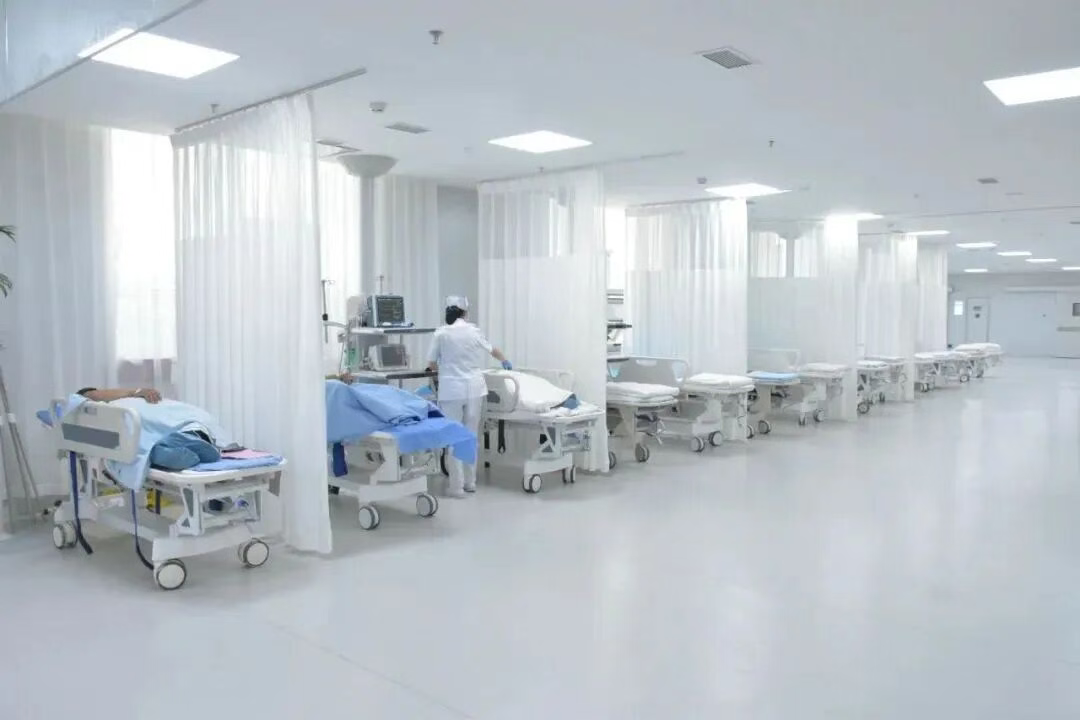
Preliminary Review: Zhang Lihong
Final Review: Zhang Jie
